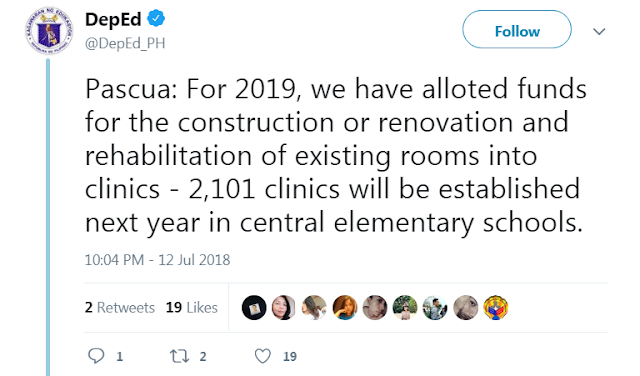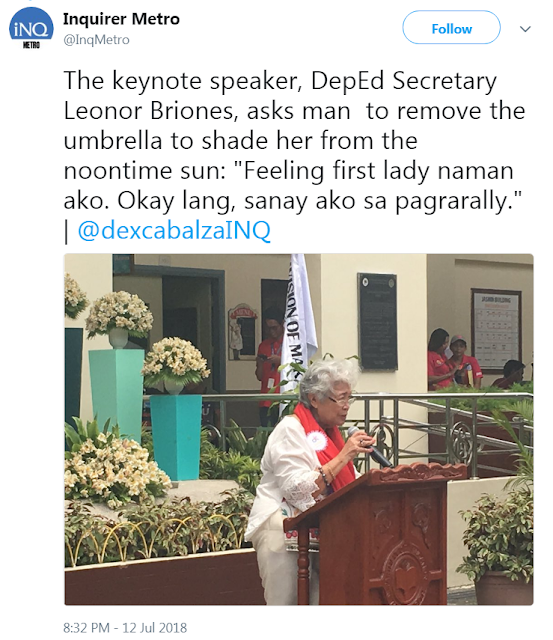"The Top Philippines Education Blog on the Planet"

This morning this blog was mentioned on a Facebook post by Feedspot Blog Reader. This blog has been rated as the "top Philippines education blog on the planet" based on Google reputation and Google search ranking, influence and popularity on social media sites, quality and consistency of posts, and Feedspot's editorial review. To all the readers of this blog, thank you. The number of Facebook members that have liked this page is only 453. This is dramatically smaller than the number of Facebook fans that the other sites have. Edukasyon.ph, number 3 on the list, for instance, has more than 200,000 Facebook fans. The Commission on Higher Education, number 4 on the list has nearly 1 million followers on Twitter. This blog does not even have a Twitter account. So I guess what brought up this blog into a high spot is its Google reputation and Google search ranking. Now, on its seventh year, I could only hope that I continue to be able to provide readers of this blo











